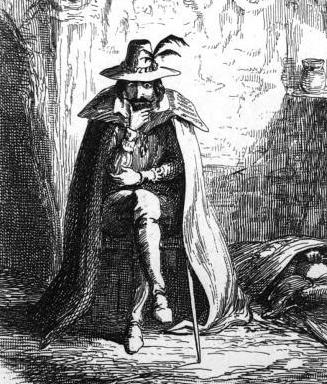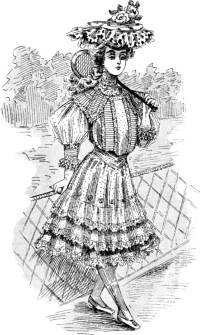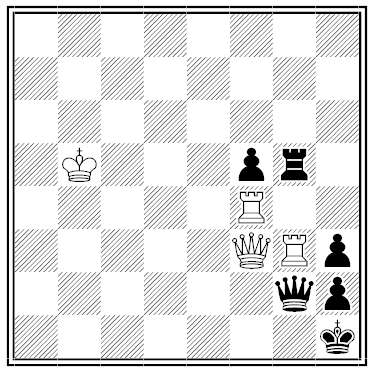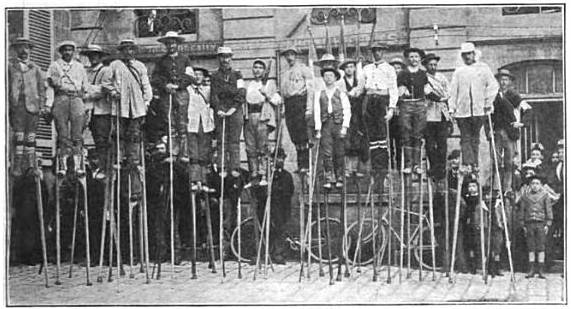
Suppose [a] man who underwent [a] radical change of character — let us call him Charles — claimed, when he woke up, to remember witnessing certain events and doing certain actions which earlier he did not claim to remember, and that under questioning he could not remember witnessing other events and doing other actions which earlier he did remember. … [Suppose that] all the events he claims to have witnessed and all the actions he claims to have done point unanimously to the life-history of some one person in the past — for instance, Guy Fawkes. Not only do all Charles’ memory-claims that can be checked fit the pattern of Fawkes’ life as known to historians, but others that cannot be checked are plausible, provide explanations of unexplained facts, and so on. Are we to say that Charles is now Guy Fawkes, that Guy Fawkes has come to life again in Charles’ body, or some such thing?
— Bernard Williams, “Personal Identity and Individuation,” Proceedings of the Aristotelian Society, 1957
“If it is logically possible that Charles should undergo the changes described, then it is logically possible that some other man should simultaneously undergo the same changes: e.g., that both Charles and his brother Robert should be found in this condition. What should we say in that case? They cannot both be Guy Fawkes: if they were, Guy Fawkes would be in two places at once, which is absurd.”



